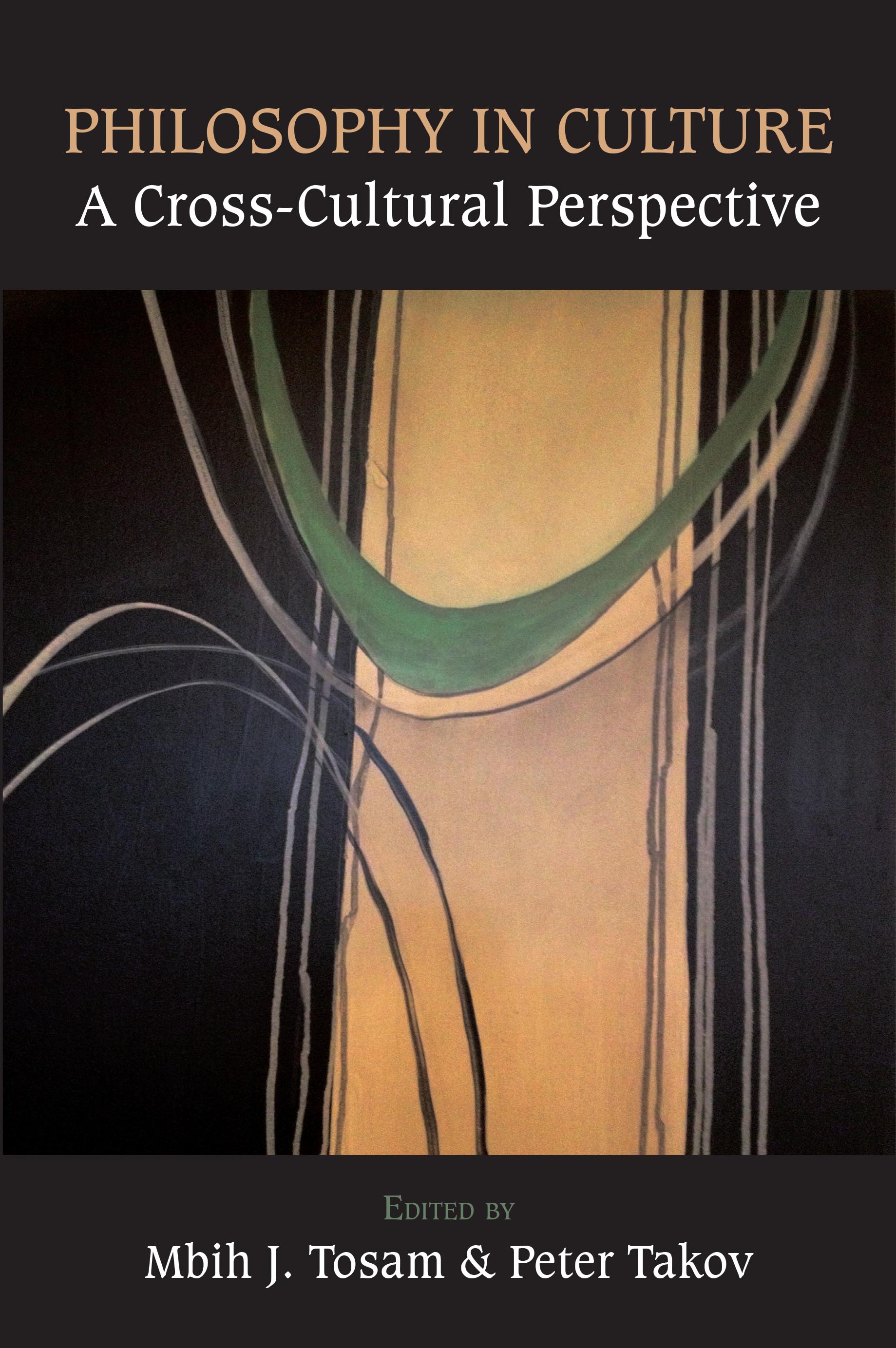Philosophy in Culture
This book explores the symbiotic relationship between philosophy and culture. Every philosophy emerges as a reaction to, or as justification for a particular culture and it is for this reason that philosophy may differ from one culture to another. It...
Read more
This book explores the symbiotic relationship between philosophy and culture. Every philosophy emerges as a reaction to, or as justification for a particular culture and it is for this reason that philosophy may differ from one culture to another. It argues that philosophy is an essential part of every culture. Philosophy is the means by which every culture provides itself with justification for its values, beliefs and worldview and also serves as a catalyst for progress. Philosophy critically questions and confronts established beliefs, customs, practices, and institutions of a society. As reflective critical thinking, philosophy is linked to a way of life; a form of enquiry intended to guide behaviour; a form of thinking that sharpens and broadens our intellectual horizon, scrutinizes our assumptions, and clarifies the beliefs and values by which we live. Philosophy helps to liberate the individual from the imprisonment of ignorance, prejudice, superstition, narrow-mindedness, and the despotism of custom. Culture constitutes the raw data, the laboratory from which philosophers do their analytic experimentation. Culture is considered as philosophy of the first order activity. The book maintains that any genuine global philosophy must include philosophical traditions from all cultures and regions of the world, as it is by seeking alternative philosophical answers to some of the thorniest problems facing humanity that we are most likely to find more lasting solutions to some global problems. In this commitment to a universal humanity, we cannot afford to depend on solutions from a single culture or from the most influential cultures.
Less




























.jpg)
